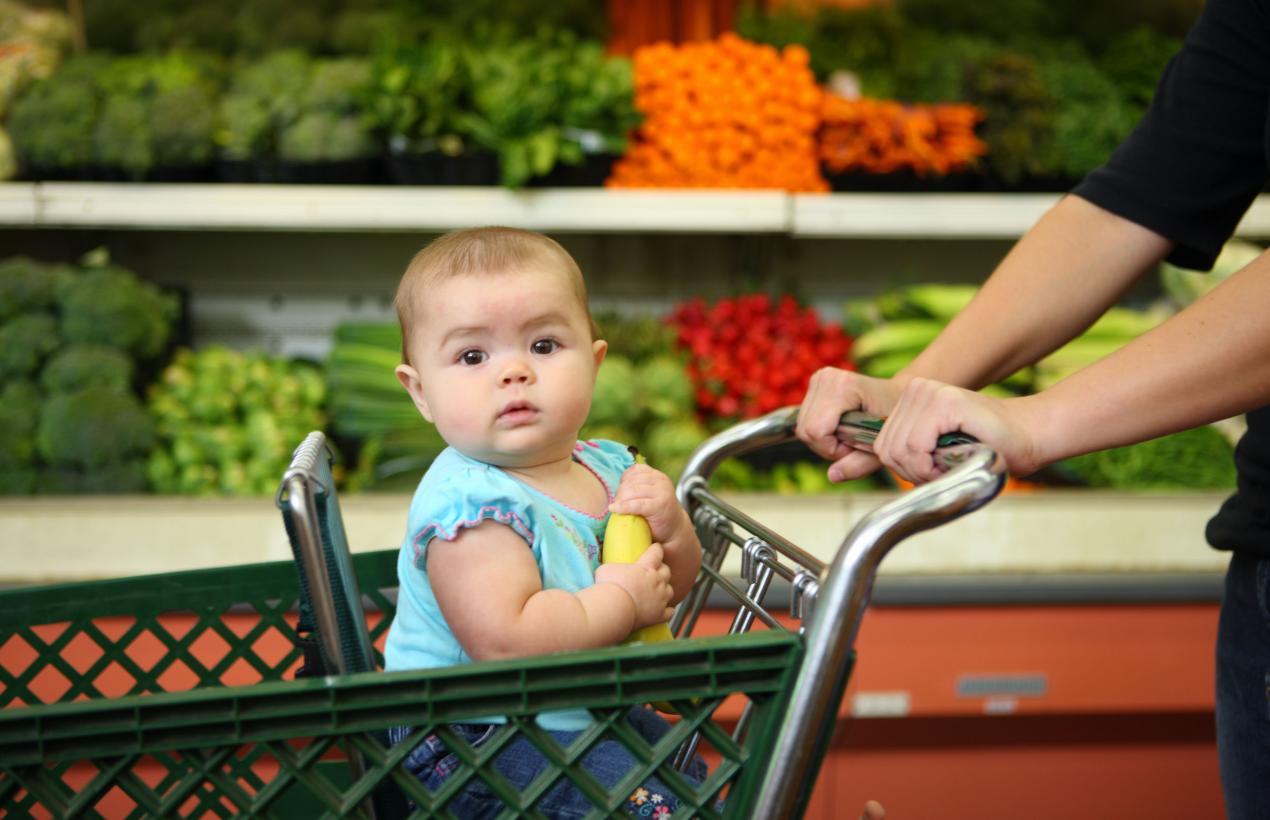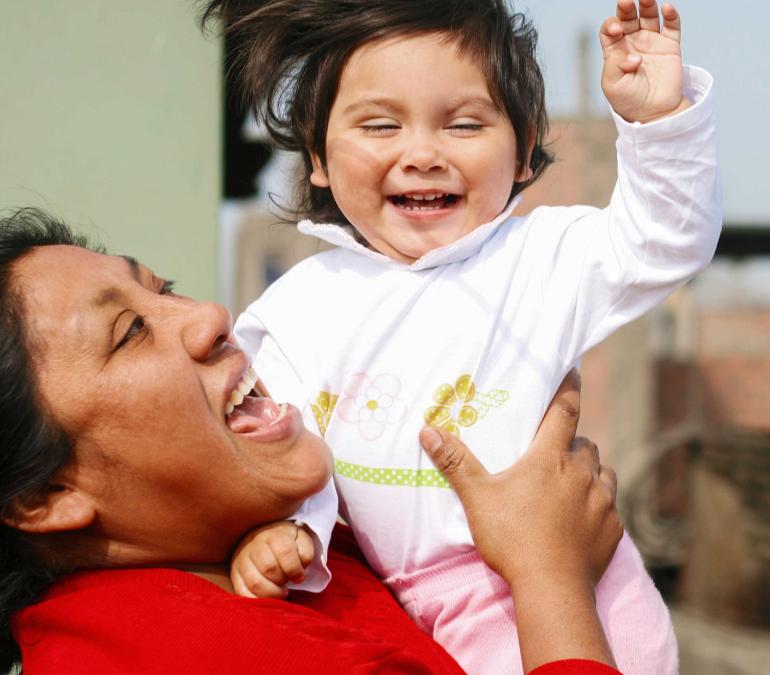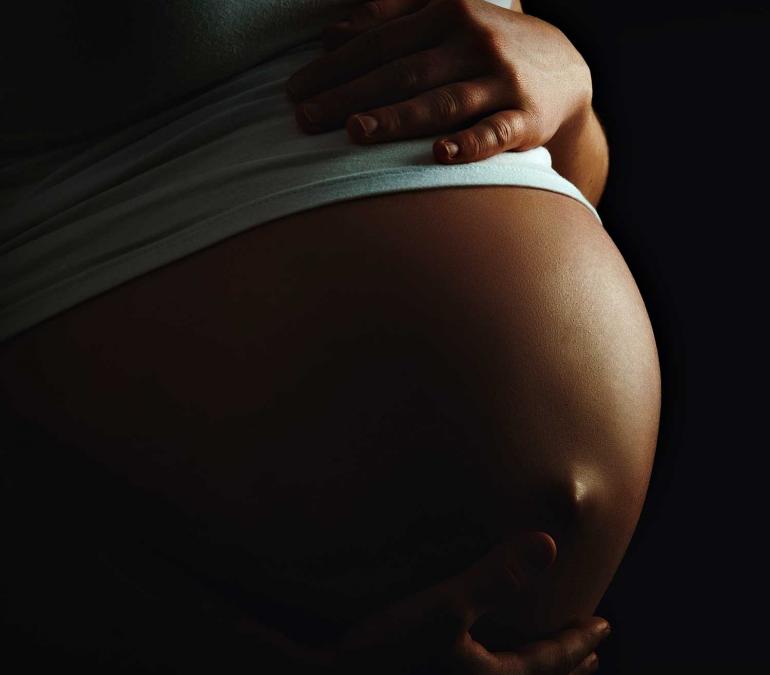
Advance Economic Opportunity
Unstable economic conditions, often rooted in historical and structural inequities, can serve as a persistent toxic stressor for families.
What We Know
The conditions in which people are born, grow, live, work and age are known as the social drivers of health. Economic security, including employment and the ability to earn living wages, are among these factors that can have a profound impact on health outcomes throughout one’s life course. Poverty often limits access to safe neighborhoods, healthy foods, high quality education and higher earning jobs, which have a direct impact on health outcomes.
Research shows a direct link between poverty and poor birth outcomes, including low-birthweight, psychosocial issues, malnutrition and low educational attainment. Poverty is also closely linked to infectious disease spread and impact, as demonstrated by the COVID-19 pandemic.

Maternal and Infant Health Impact
Communities of color experience higher levels of economic insecurity when compared to their White counterparts as a result of racist policies and practices, such as neighborhood red lining. The U.S. has fewer social safety nets compared to other developed, high-income countries, resulting in higher exposure to socioeconomic stressors and inequities in poor health outcomes.



15.9%
In 2019, 15.9% of women of childbearing age (15-44 years) lived below the poverty level in the U.S. – U.S. Census
News & Resources
The Best Place for Working Parents promotes policies that benefit working parents and businesses’ bottom line, including company-paid health coverage, paid time off, parental leave, onsite child care, childcare assistance, backup child care, flexible hours, remote work, nursing benefits, and “Best Place” designation. The self-assessment, real-time dashboard results, and the Best Place for Working Parents® designation for qualifying businesses can be accessed at business.bestplace4workingparents.com.

Developers may receive tax incentives (credit) through the Low-Income Housing Tax Credit to acquire, construct and rehabilitate affordable rental housing for low- and moderate-income tenants. Learn more about the credit.

HUD programs are geared toward increasing safe and affordable rental options, reducing homelessness, fighting housing discrimination and supporting vulnerable populations.


